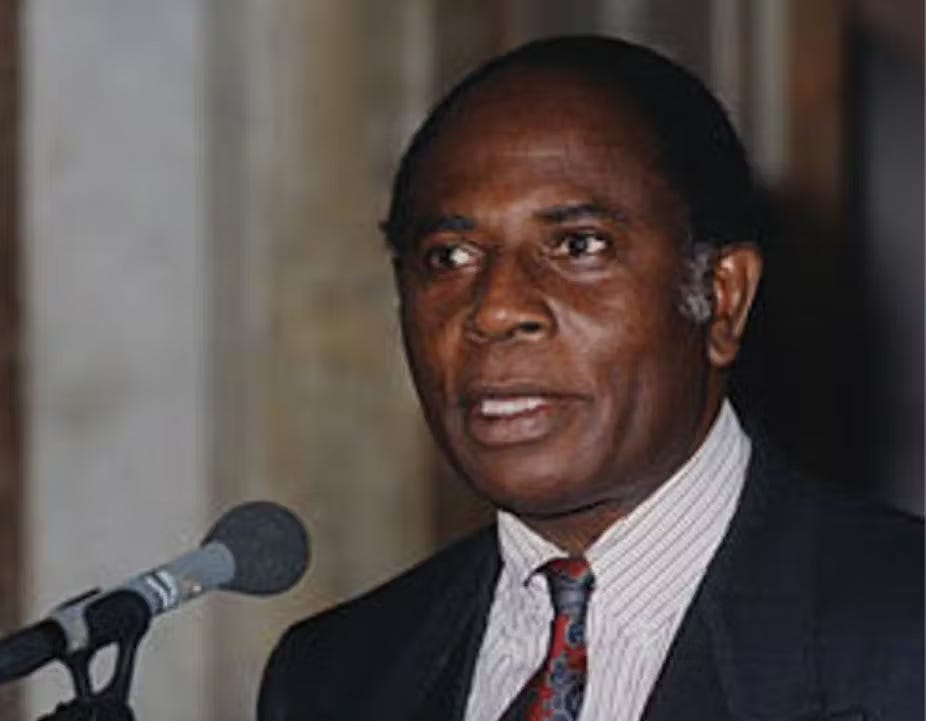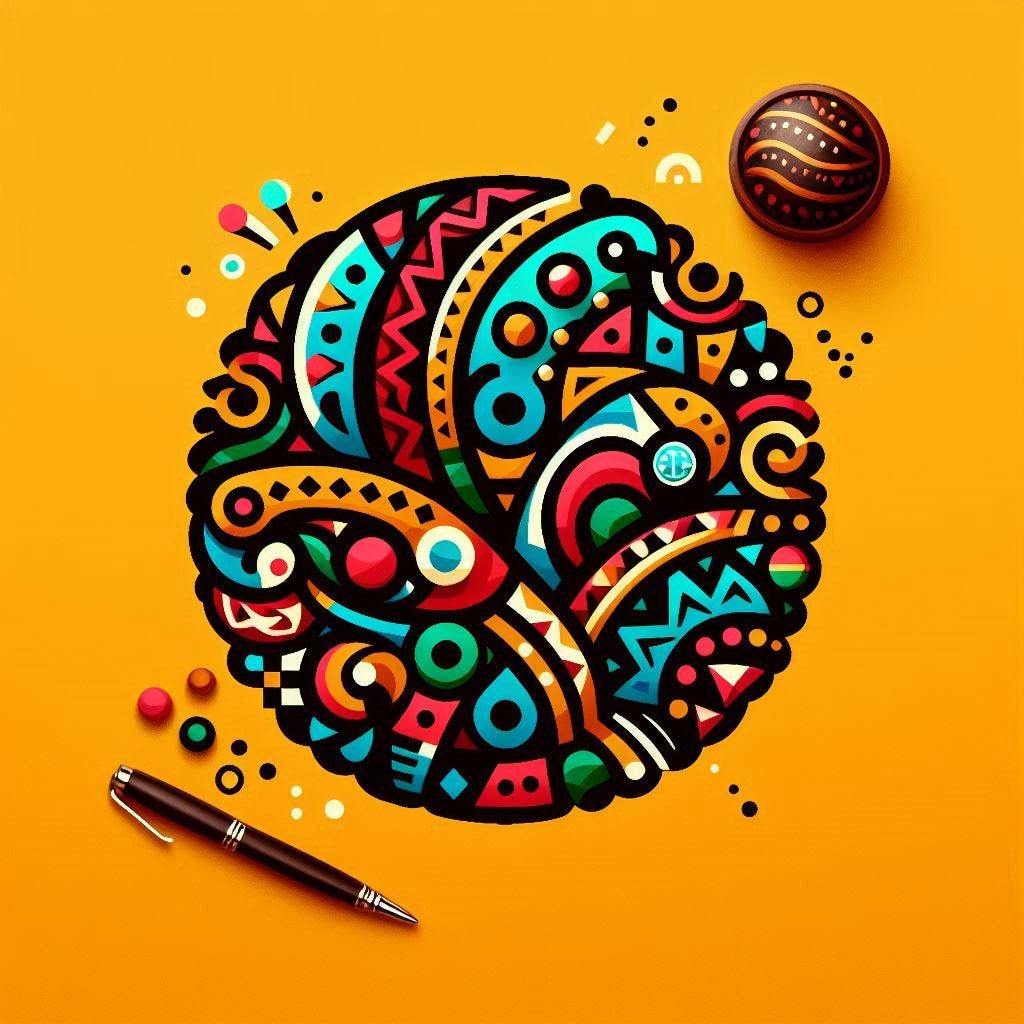LLW Lite: I've Been Studying African Philosophy...and Chile, I'm Tired.
When an entire body of knowledge is intentionally and systemically disregarded, the task of indulging upon discovery is beautifully exhausting.
I romanticize Africa.
Despite how much I consume regarding its present state of affairs, I still find myself just in love with the continent. From the pantheons of mythologies, folklore, histories, geographies, the people, and its philosophies, I have been enthralled with these topics for years, and I’m still baffled at just how much has been kept away from me and the Diaspora.
Because I embody the history and live the reality of being Black in America, I am fully aware of the deeply entrenched racist interpretations of us as lazy, shiftless, hypersexualized, innately criminal, etc. This foolery causes many of us to craft identities, collectively and personally, with faulty knowledge bases steeped in Black inferiority. Being aware of such sinister underpinnings, I have never bought into the Westernized media-induced interpretations of Africa as war-torn, poverty-stricken, regressive, and powerless without questioning why and how it became that way, cough, colonialism.
That’s a little backstory of how this mission of knowledge-gathering began.
I ain’t gonna be long-winded here. African Philosophy is far too broad and complex for that. Instead, I’ll touch on a few specific things I’ve realized since I began engaging with the discipline. I’ve been thinking about how to bring some tenets of the discipline forward in an interactive way, but nothing yet. I mean, it’s not like the overrated elites such as Socrates, Plato, Aristotle and ‘nem are in the foreground anyway; not in this deteriorating, flat, one-dimensional society. And yet, their so-called musings, ponderings, and revelations sit at the core of Western thought. Don’t even get me started on the incessant lauding of Marx, Kant, Nietzsche and all of those other weird looking European dudes.
It’s time to shut all of them up and halt their reverberations because other voices need some time in the sun. The Greek gang has already been outed as jacking much of their knowledge from Egypt/Kemet anyway. As for the ones who are staple figures in Western academia, they’re taking up too much space. Considering that Eurocentrism is arguably in its’ final days, this is a prime opportunity to offer some alternatives to enlightenment because at some point on the timeline of humanity, there will be a new society.
Now, I ain’t saying that African philosophy is the plug for the New Era, but I will say that the Diaspora needs a cleansing of Westernized thinking and the freshness of a mentality that has ancient origins. To put it another way, African philosophy is a pathway to unlearning, relearning, reconnecting, and revival. It could be a method to resolving the fragmenting of our collective consciousness. Lofty, I know. Idealistic, definitely. But it’s freedom-dreaming. It ain’t supposed to be small and restrictive; if so, then we’ll be right where we are now.
Education continues to be the driving force for introducing African philosophy and I am NOT talking about current systems because then, African philosophy would run the risk of being altered and tainted. Instead, let’s create. What systems of learning can we devise that will center African philosophy as the subject? Do we need to revitalize the Black literary societies from the 20th century? Do we need to host salons like the ones that birthed the Harlem Renaissance? This isn’t a light endeavor because African philosophy is expansive and rich when it comes to the ruminations of human nature, the phenomenon of life, and the essence of spirituality. The art of learning and gleaning is communal work, which is one of the tenets by the way.
My collection is ever-growing in my Africanist (and other intellectual) pursuits because I’m a big belly lifelong learner. Yet, African philosophy has been expanding my thinking which is beautifully exhausting. I’m happily overwhelmed by the bevy of scholarly articles and books on the subject. So, I’ll end this with a profound quote from Kwame Nkrumah, the first president of the newly independent Ghana (1957). Sit with the quote. How does the context differ from Western interpretations of society?
Social revolution must therefore have, standing firmly behind it, an intellectual revolution, a revolution in which our thinking and philosophy are directed towards the redemption of our society. Our philosophy must find its weapons in the environment and living conditions of the African people. It is from those conditions that the intellectual content of our philosophy must be created. The emancipation of the African continent is the emancipation of man.
The philosophy that must stand behind this social revolution is that which I have once referred to as philosophical consciencism; consciencism is the map in intellectual terms of the disposition of forces which will enable African society to digest the Western and Islamic and the Euro-Christian elements in Africa, and develop them in such a way that they fit into the African personality. The African personality is itself defined by the cluster of humanist principles which underlie the traditional African society.








This is post is Fire!! You had me @ "I romanticize Africa"!!!